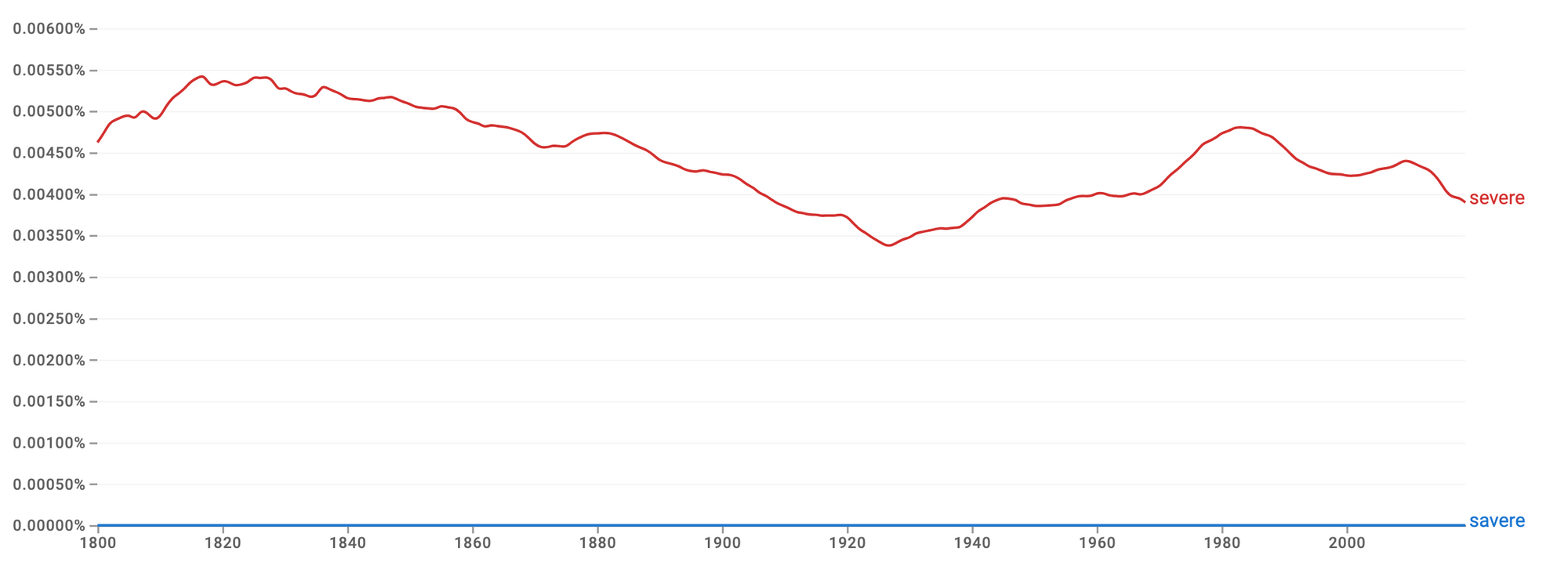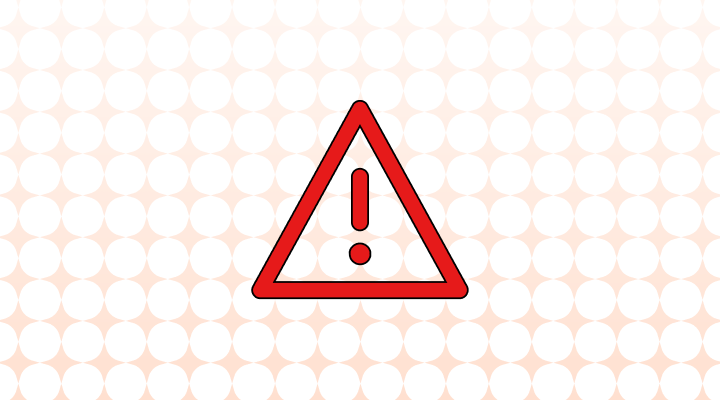- "Savere" is an incorrect spelling of the word "severe."
- "Severe" is an adjective used to describe something that is extremely intense, serious, or harsh in nature.
Free ChatGPT-Powered Grammar Checker | Engram
Use Engram’s free grammar checker, powered by ChatGPT, to fix your grammar, spelling, punctuation, and word usage errors

For example...
❌ The region experienced a savere drought, leading to widespread crop failures and water shortages.
✅ The region experienced a severe drought, leading to widespread crop failures and water shortages.
In this sentence, "severe" describes the intensity and seriousness of the drought, indicating that it was extremely harsh and damaging.
❌ The region experienced a savere drought, leading to widespread crop failures and water shortages.
✅ The region experienced a severe drought, leading to widespread crop failures and water shortages.
In this sentence, "severe" describes the intensity and seriousness of the drought, indicating that it was extremely harsh and damaging.
What does "severe" mean?
"Severe" can mean multiple things, depending on the context:
Intensity or seriousness:
- "Severe" is often used to describe situations or conditions that are exceptionally intense or serious. This could include severe weather conditions such as storms, hurricanes, or blizzards, as well as severe health issues like illness or injuries. When using "severe" in this context, it emphasizes the extreme nature of the situation and its potentially significant impact.
Harsh or strict:
- Another common usage of "severe" is to describe something that is harsh or strict in nature. This could refer to severe punishments, severe criticism, or severe rules or regulations. When applied in this sense, "severe" conveys a sense of rigidity or inflexibility, indicating that there is little room for leniency or compromise.

The use of "savere" and "severe" over time
The Ngram graph below shows how often "savere" and "severe" have been used from the 1800s to the 2000s. "Severe" has seen steady use throughout time, while its misspelling "savere" has always seen nearly zero use.

Free ChatGPT-Powered Grammar Checker | Engram
Use Engram’s free grammar checker, powered by ChatGPT, to fix your grammar, spelling, punctuation, and word usage errors

How to pronounce "severe"
In British English, "severe" is pronounced like "suh·veeuh".
In American English, "severe" is pronounced like "suh·veer".
Additional notes:
This is just the standard pronunciation, and there may be slight variations depending on regional accents and individual speech patterns.
This is just the standard pronunciation, and there may be slight variations depending on regional accents and individual speech patterns.
Why would we misspell "severe" as "savere"?
- Typo: The first "e" in "severe" may be inadvertently replaced with an "a" while typing quickly or carelessly, resulting in the misspelling "savere".
- Phonetic confusion: "Savere" and "severe" sound similar when spoken, leading to potential confusion in spelling.
Other common misspellings of "severe"
- sevre
- sever
- seveer
- sevvere
- seavere
Example sentences of the misspelling of "severe" as "savere"
- "Savere" is an incorrect spelling; it should be "severe".
- Please note the spelling error; it's "severe," not "savere".
- Be cautious with your spelling; the accurate term is "severe," not "savere".
- Double-check your writing; the proper form is "severe," not "savere".
- Your document contains a typo; it should say "severe," not "savere".
Example sentences of "severe"
- The earthquake caused severe damage to buildings and infrastructure.
- She suffered severe burns in the accident and required extensive medical treatment.
- The storm brought severe winds and heavy rainfall, leading to flooding in low-lying areas.
- The company faced severe financial losses due to the economic downturn.
- The patient's condition deteriorated rapidly, and he was admitted to the ICU in severe respiratory distress.
- The government issued a severe warning about the approaching hurricane and urged residents to evacuate immediately.
- The judge imposed a severe penalty on the defendant for their repeated violations of the law.
- The teacher's criticism was severe, but it ultimately helped the student improve their performance.
- The drought had severe consequences for farmers, resulting in crop failures and livestock losses.
- He received severe reprimands from his supervisor for repeatedly violating company policies.
Check out our other related blog posts:
🖊️ Reversable vs. Reversible: Which Is Correct?
🖊️ Accute or Acute: Which Is Correct?
🖊️ Reversable vs. Reversible: Which Is Correct?
🖊️ Accute or Acute: Which Is Correct?
Synonyms for "severe"
- Intense
- Extreme
- Serious
- Harsh
- Stern

Want to sound like a native speaker?
Engram’s AI-powered grammar checker makes your English sound like a native speaker’s, suggesting natural English expressions on top of fixing grammar, spelling, punctuation, word order, and vocabulary.
Free ChatGPT-Powered Grammar Checker | Engram
Use Engram’s free grammar checker, powered by ChatGPT, to fix your grammar, spelling, punctuation, and word usage errors

References:
Definition of SEVERE
strict in judgment, discipline, or government; of a strict or stern bearing or manner : austere; rigorous in restraint, punishment, or requirement : stringent… See the full definition














